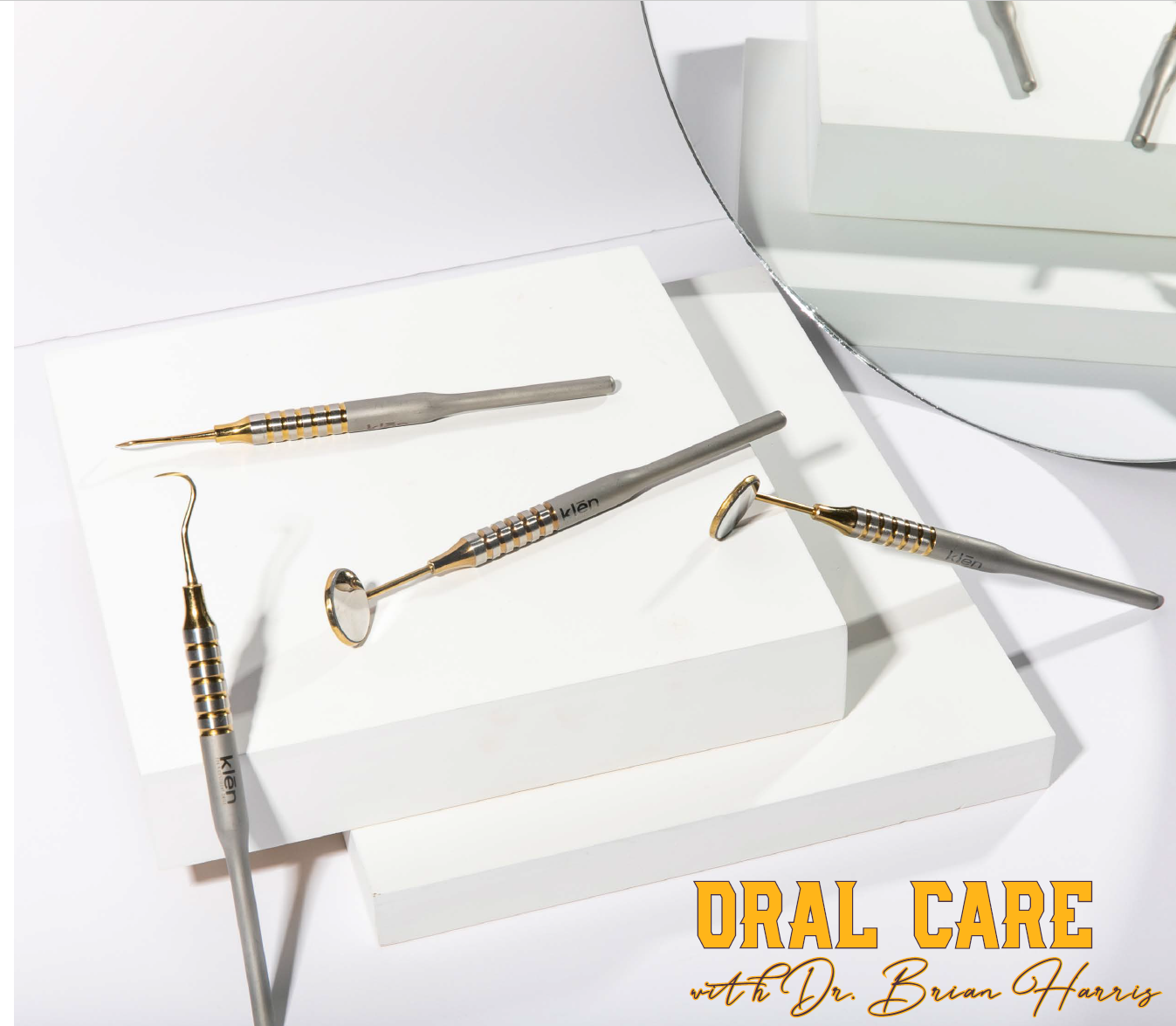Have you heard people talking about bruxism? This might be something that you have overheard in the gym. This is a dental condition that you need to be aware of and this is particularly true if you like to lift heavy weights. The more you know about this condition, the less likely you are to suffer its effects. So, let’s take a closer look at what bruxism is and how you can prevent it.
PHOTO CREDIT | Pixabay/Ichigo
What is Bruxism?
First of all, it is important to understand what bruxism is. This is another word that is used for teeth grinding or jaw clenching. This is often something people do because they are anxious or stressed. It can be done subconsciously without you being aware of it. But, it is also something that you can end up doing at the gym when you are working hard on machines and lifting weights, according to dentists in North York.
There are some symptoms you can experience if you are suffering from bruxism. This includes getting headaches, as well as facial pain. In addition, over time, the action of clenching your jaw and grinding your teeth is actually going to wear down the teeth and damage them. These symptoms are likely to be present in the hours after you have been to the gym or have been clenching your teeth.
How are Gym-Goers Prone to Bruxism?
If you like to go to the gym in Canada, you might be wondering how you can be at risk from bruxism. Well, this is particularly a risk for those that like weightlifting. This is because when the muscles engage, you are going to feel the muscles in the face tighten too. This can mean that you grind your teeth together and clench your jaw. There are particular exercises that can mean that this happens more. This includes squats and deadlifting.
If you are worried about bruxism, the best thing you can do is visit your dentist. They are going to be able to examine your teeth and see if any teeth are worn or damaged. They are going to advise you if there have been teeth grinding and if you are going to need any dental treatment as a result of this. For instance, bruxism can lead to dental abscesses and even infections.
This does not mean that you need to give up weight lifting. In some situations, a dentist can recommend using a particular mouth guard or mouth splint. This is going to help prevent the damage that can be caused by bruxism. It will mean that you can continue to do what you love doing in the gym, as well as protecting your teeth and not causing further damage to them. Again, this might not be able to stop the teeth clenching, as it can be a natural reaction. But, it can stop the teeth from grinding together, which is what causes the wearing down of the teeth.











